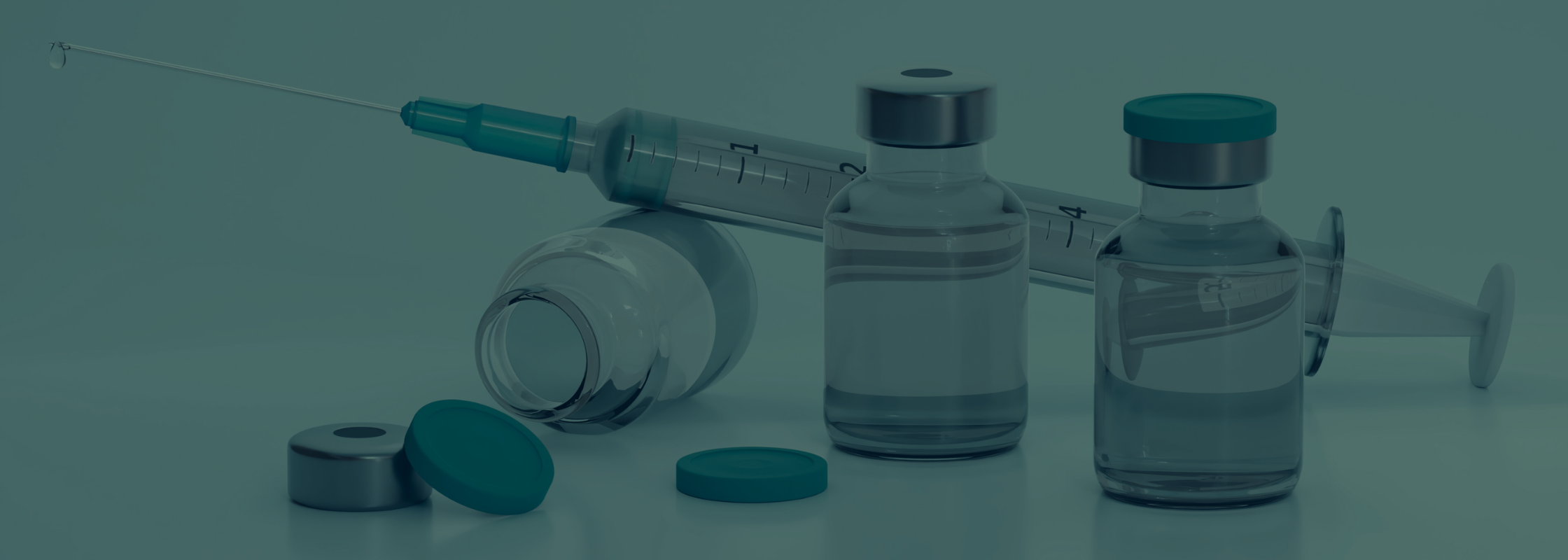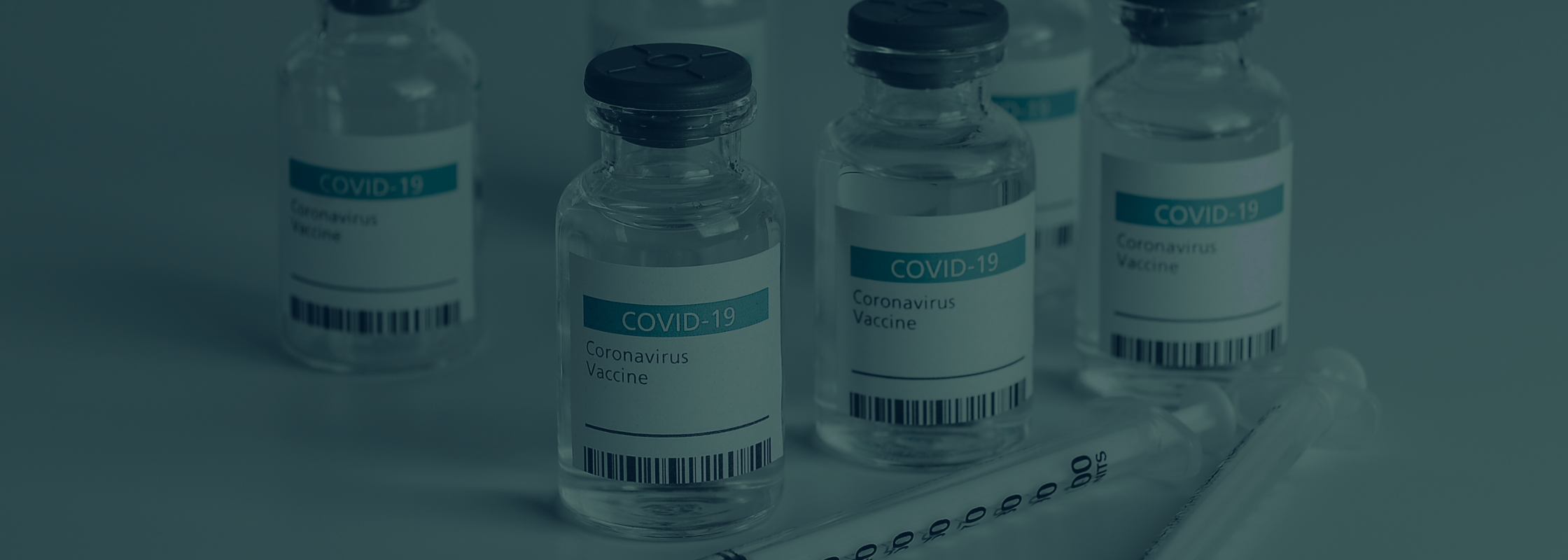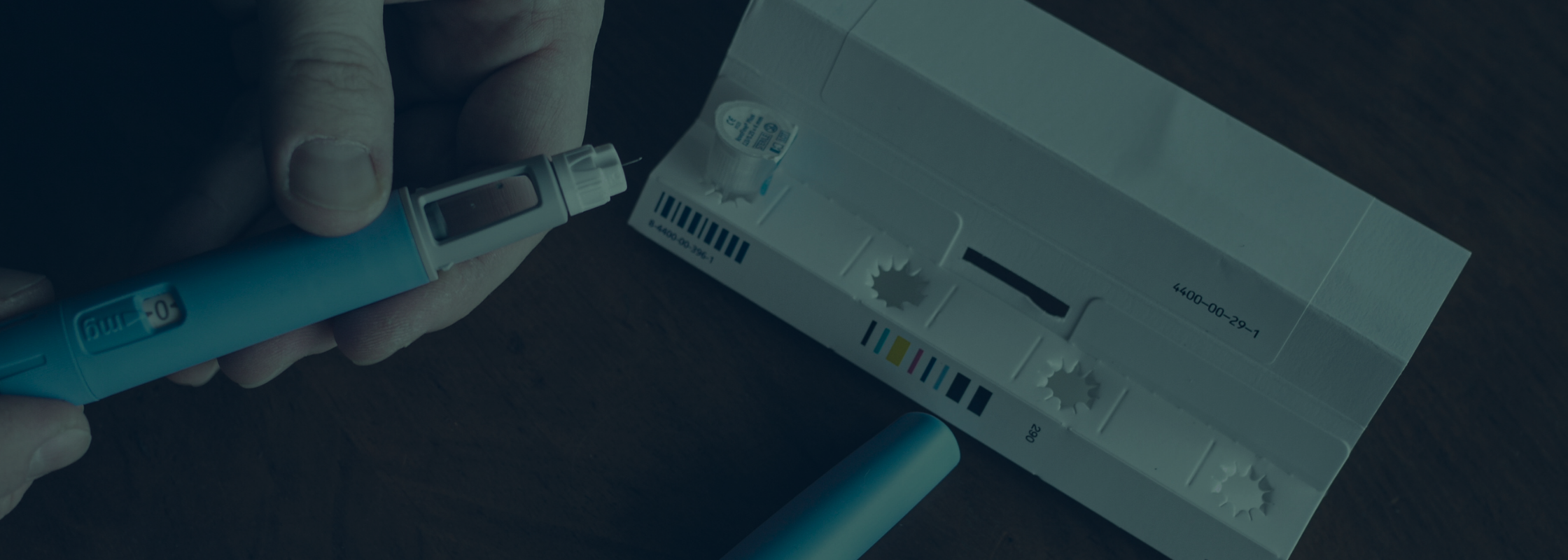Clinical Trial Imports into France: Navigating Challenges
France has long been a hub for clinical research, with a well-established and highly regulated clinical trial landscape widely respected throughout Europe and beyond. With its robust research infrastructure, experienced investigators, and diverse patient population, France offers numerous opportunities for conducting clinical trials across a wide range of therapeutic areas. However, navigating clinical trial imports into France can present challenges that require extensive knowledge of regulations and compliance procedures into the region.
The French government provides significant funding for clinical research, making it an attractive destination for public and private research institutions. In this rapidly evolving field, the clinical trial landscape in the region is poised to continue to grow and innovate, contributing to advancing medical knowledge and improving patient care.
Some key features of the clinical trial landscape in France include:
The Regulatory Environment
The French National Agency for Medicines and Health Products Safety (ANSM) is well-established and oversees the regulatory environment for clinical trials in France. ANSM is responsible for evaluating and authorizing clinical trials, ensuring they comply with French and European regulations.
The French National Agency oversees the regulatory requirements for clinical trials in France for Medicines and Health Products Safety (ANSM). The following is a general overview of the specific regulatory requirements for clinical trials in France:
- Regulatory approvals: Before a clinical trial can begin in France, it must be approved by the ANSM. This involves submitting a clinical trial application, which includes a protocol, an investigational medicinal product dossier, and other relevant documentation. The ANSM reviews the application to ensure that the trial is designed and conducted following ethical and scientific standards.
- Ethics committee review: Besides ANSM approval, an independent ethics committee must also review and approve clinical trials in France. The ethics committee reviews the trial to ensure it is designed and conducted following ethical principles and patient safety.
- Informed consent: In France, informed consent from patients is required for participation in clinical trials. This means that patients must be fully informed about the nature and purpose of the trial and must voluntarily agree to participate.
- Pharmacovigilance: The ANSM also oversees pharmacovigilance for clinical trials in France. This involves monitoring and reporting adverse events associated with the investigational medicinal product.
- Good Clinical Practice (GCP): Clinical trials in France must be conducted in accordance with GCP, which is a set of internationally recognized ethical and scientific standards for the design, conduct, recording, and reporting of clinical trials.
- Inspections and audits: The ANSM conducts inspections and audits of clinical trials to ensure compliance with regulatory requirements and GCP.
Overall, these regulatory requirements for clinical trials in France are rigorous and designed to protect the safety and welfare of patients participating in clinical trials. Researchers planning to conduct clinical trials in France should be familiar with these requirements and work closely with advisors, the ANSM, and ethics committees to ensure compliance.
Robust Research Infrastructure
France has a strong network of academic research centers and hospitals that conduct clinical trials. Many of these centers are part of the French Clinical Research Infrastructure Network (F-CRIN), which supports and coordinates clinical research activities.
Experienced investigators
France has a large pool of experienced investigators with a strong track record in clinical trials. Many of these investigators are affiliated with academic research centers or hospitals and have expertise in various therapeutic areas.
Funding
The French government provides significant funding for clinical research, both through public research institutions and private industry.
In addition, several funding opportunities , such as grants, post-doctoral fellowships, collaborative research projects, and clinical research scholarships, are available from agencies like the French National Research Agency (ANR), the French Foundation for Medical Research (FRM), French Foundation for Medical Research (FRM), and the French Ministry of Health for researchers conducting clinical trials in France.
What are the Challenges for Clinical Trial Imports into France?
While the country has a well-developed clinical trial landscape, there are still some challenges that researchers may face when attempting clinical trial imports into France. Some of these challenges include:
Regulatory Hurdles
The regulatory environment for clinical trials in France can be complex and time-consuming. Researchers may need multiple approvals from different regulatory bodies, which can cause delays at the start of a trial. These include:
- Regulatory submissions: Besides ethics committee approval, sponsors must apply to the French National Agency for the Safety of Medicines and Health Products (ANSM) to obtain authorization to conduct the trial. The ANSM review process can take several months and may require additional information or clarification.
- Language requirements: All trial-related documents and informed consent forms must be translated into French. This can be a challenge for sponsors who are not based in France or who do not have French-speaking staff.
- Data privacy regulations: France has strict data privacy regulations that govern the collection, use, and storage of personal data. Sponsors must ensure that they comply with these regulations when conducting clinical trials.
- Import and export requirements: If the trial involves the import or export of drugs, medical devices, or biological materials, sponsors must comply with French customs and import/export regulations.
- Insurance requirements: Sponsors must provide insurance coverage for trial-related injuries or damages. Appropriate insurance coverage can be challenging for small companies or academic sponsors.
Recruitment Challenges
While France has a large and diverse patient population, recruiting patients for clinical trials can still be challenging. Patients may be hesitant to participate in clinical trials due to concerns about safety or a lack of awareness about the benefits of participating. Recruitment challenges in France include:
- Patient population: As of 1 January 2023, the population of France was estimated to be 66,086,208 people, with 85% of the population located in urban areas. This means the pool of potential patients for clinical trials may be limited in some areas, depending on the disease or condition being studied. This can make finding enough eligible participants to enroll in a trial challenging.
- Competition from other trials: France is home to many clinical trials, making recruiting patients for any trial challenging. Patients may hesitate to participate in a trial if they have other options.
- Language barriers: In France, all clinical trial materials, including labeling, packaging, and patient information, must be in French, as specified by the French Public Health Code and the European Clinical Trials Directive. This requirement is intended to ensure that trial participants are fully informed about the trial and can understand the information provided. This can be difficult, particularly for trials with origins in non-French-speaking countries.
- Trust in the medical establishment: In some cases, patients may be hesitant to participate in clinical trials because they do not trust the medical establishment or have concerns about the safety and efficacy of the trial.
- Access to healthcare: In some cases, patients may not have access to the healthcare services they need to participate in clinical trials, which can limit the pool of potential participants.
Compensation
Compensation for participating in clinical trials in France may be lower than in other countries, making it less appealing for patients to enroll in trials. According to a report by the European Medicines Agency (EMA) on the “Implementation of the EU Clinical Trials Regulation” published in 2021, there are some indications that clinical trial compensation in France may be lower than in some other EU countries. These data points are, however, constantly evolving.
Administrative Burden
In addition to regulatory approvals, there may be a significant administrative burden associated with conducting clinical trials in France, such as managing contracts with study sites.
This burden particularly extends to customs requirements, especially when importing or exporting investigational medicinal products (IMPs) or medical devices used in the trial. The following are some essential customs requirements for clinical trials in France:
- Import/export authorization: To import or export IMPs or medical devices for a clinical trial in France, clearance from the ANSM is required. This authorization is obtained by submitting a request that includes details about the product, the trial, and the import/export operations.
- Customs clearance: IMPs or medical devices must be cleared through French customs before being used in a clinical trial. The importer or exporter must provide customs with the necessary documentation, including the import/export authorization from the ANSM, the commercial invoice, and the transport document.
- Taxes and fees: Importing IMPs or medical devices into France for a clinical trial may be subject to customs duties and taxes. The ANSM may also charge a fee for the import/export authorization.
- Transport and storage requirements: IMPs or medical devices used in a clinical trial must be transported and stored in compliance with French regulations. This includes requirements for temperature control, labeling, and documentation.
Overall, the clinical trial landscape in France is well-developed and offers many advantages for researchers looking to conduct clinical trials in Europe.
However, researchers planning to conduct clinical trials in France should work closely with their logistics and regulatory teams to ensure compliance with customs requirements. Failure to comply with customs regulations can result in delays in the import/export process, additional costs, and potential legal consequences.
The TecEx Medical Solution
In conclusion, conducting clinical trials in France offers both opportunities and challenges. On the one hand, the country has a robust healthcare system and skilled investigators. On the other hand, the regulatory environment can be complex and time-consuming, and a large but concentrated patient population so there is a need to approach the highly intensive process with caution.
To navigate these challenges, it is important for sponsors to work closely with French regulators and investigators and to take advantage of the various support services such as TecEx Medical, who have experience with clinical trial imports into France. It is important to collectively ensure that clinical trials are conducted efficiently, safely, and with the highest quality standards – ultimately bringing innovative new treatments to patients in France and worldwide.





